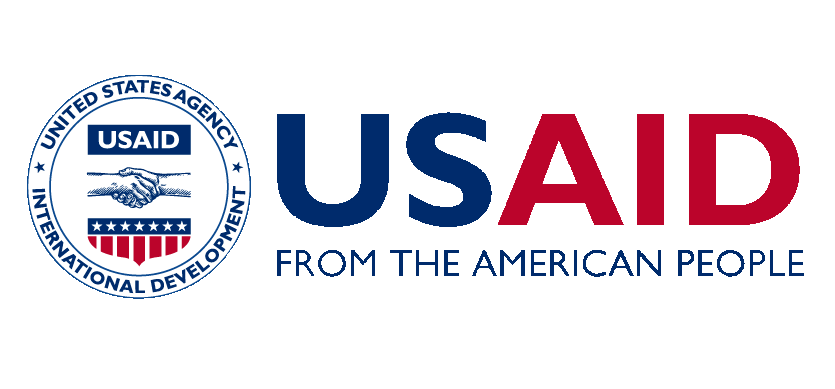A successful population, health, and environment (PHE) project requires the full and equal participation of women and girls and men and boys. In order to address the urgent, interconnected challenges in the Lake Victoria Basin—poor maternal and child health, a lack of access to contraception, dwindling fish supply, deforestation, and more—interventions must also work towards gender equality. Women must be able to exercise their right to sexual and reproductive health care services, including their ability to choose if or when to have children. They must be able to participate in income-generating activities, which improve their economic situation and better equip them to protect their families and the natural resources they depend on. The Health of People and the Environment in the Lake Victoria Basin (HoPE-LVB) project works to promote gender equality. HoPE-LVB implements a range of activities, including training women’s and young mother’s groups on integrated health and conservation practices and conducting community dialogue sessions surrounding the intersection between gender, sexual and reproductive health, and the environment to bridge gender divides and encourage input and support from all community members.
Year: 2014
Source: Pathfinder International


